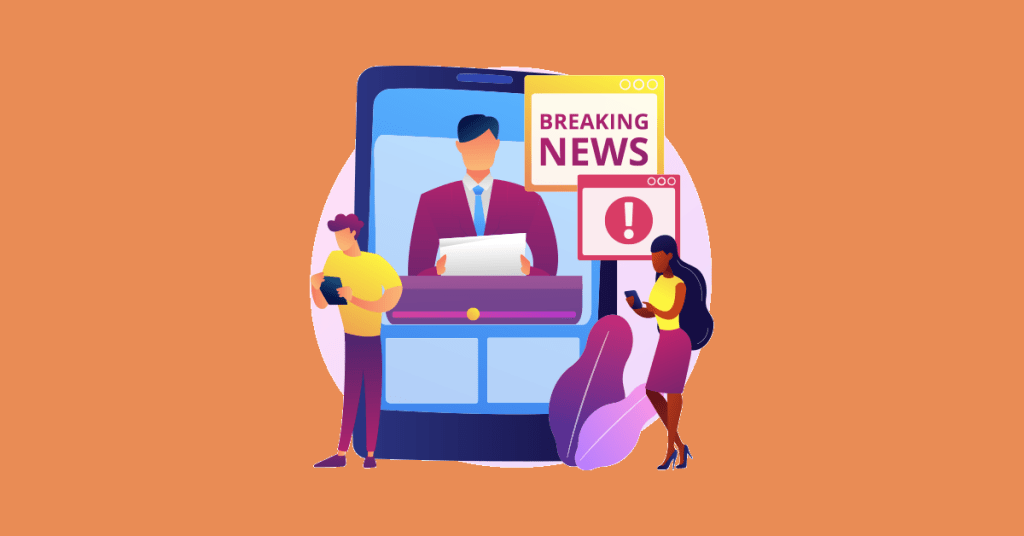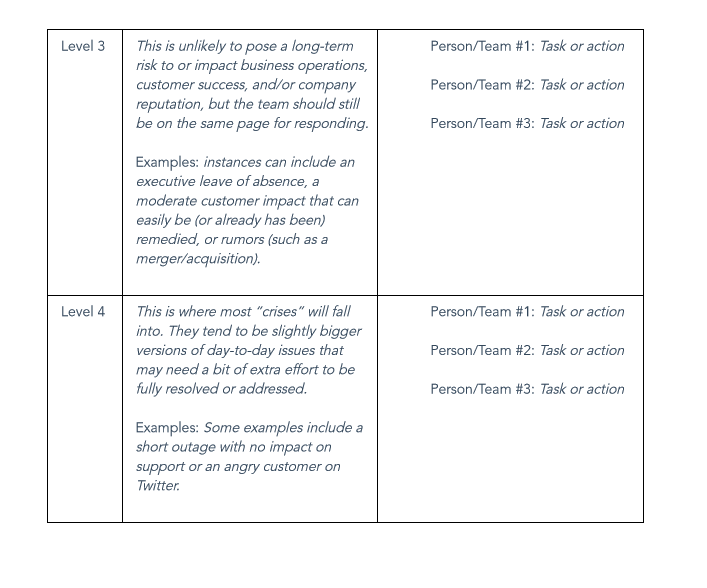If you spend time on social media, you’ll most likely be familiar with the social media crisis phenomenon. For instance, a brand might have tweeted an insensitive comment or a product is notoriously faulty.
Social media also moves much quicker than traditional news, which makes a social media crisis even more troublesome. Stories are spread further with little thought for verification, and the audience participation element makes social media crises even more volatile.
Brands can also suffer a lot of damage from a social media crisis, even in the long term. So you need to be prepared for as many scenarios as possible.
Here are tips to help you handle a social media crisis effectively.
Understand the Crisis Well
You can’t handle a social media crisis if you don’t understand it. You need to know if the potential crisis is even a crisis at all.
For example, two customer complaints about a product shouldn’t be taken as a crisis. A real crisis needs volume, at least more often than not. If you have many social media mentions, you might have a real crisis on your hands.
You also need to evaluate scope and scale. Scale can be measured with statistics like the number of comments across social media channels the crisis is being mentioned on.
That’s not to say you’ll only look at these factors. You also need to consider the severity of the crisis—how much will this affect our brand? For example, a pizza delivery company having a day of late orders is a less severe crisis than many food poisoning reports.
So consider the impact on your brand image when evaluating if a situation is a crisis. If you need business insights to help you better understand future crises, check this out, Venture Smarter has actionable insights in one place.
Implement Crisis Communication Plan
If you have an effective crisis communication plan, you can react to a crisis quickly, avoiding escalation. All crises need to be dealt with quickly, but with a social media crisis, a rapid response is even more important. An hour is a good response time to aim for.
An effective crisis communication plan includes:
- Crisis evaluation procedures: Who’s responsible for evaluating if a potential crisis is really a crisis?
- Internal communication methods: How will your teams and departments communicate to get the critical information where it needs to be?
- Social media response approval process: What is the process for deciding what gets posted on social media?
- Links to social media policy: Make sure everyone knows the guidelines on social media posting. More on this later.
- Department roles: Lay out the roles and responsibilities of each department during a crisis.
A robust crisis communication plan is a must for effective social media crisis management.
Ideally, you should already have this plan in place even before a crisis breaks out. The plan should include an escalation framework, which shows the relevant people and tasks that need to be completed to address each type of crisis.
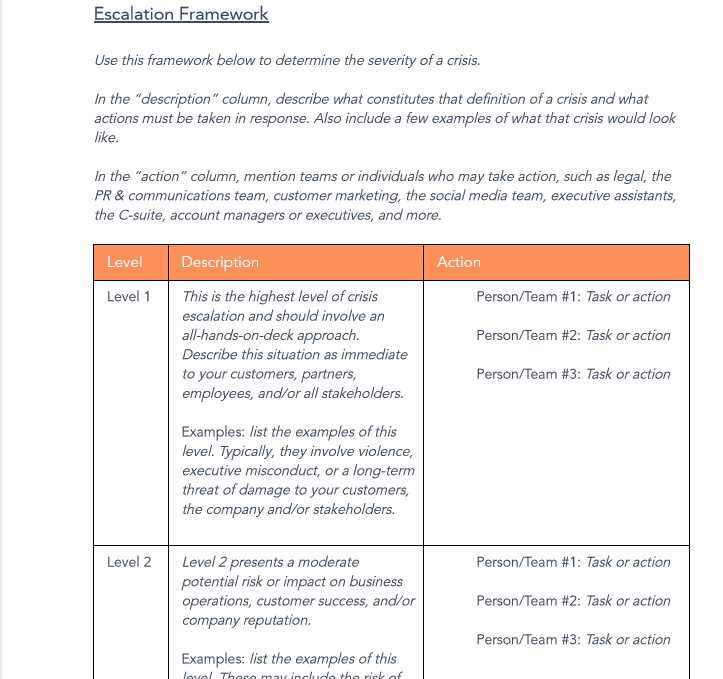
The contact numbers of the people in charge of each task should also be included
When the social media crisis breaks out, all you need to do is follow your plan to the letter. The more specific your plan is, the better.
Take Responsibility
Regardless of the nature of the crisis, your first move should be to take responsibility, even if you don’t have an explanation.
If, for example, the crisis was alleged employee misconduct, the first social media response should be to acknowledge the incident and apologize for any harm or inconvenience caused. Taking responsibility also helps buy time so you can formulate the most effective response to the crisis.
If you defend yourself too early, it will cast doubt on your company’s sincerity. The explanation should come later when all the facts are clear.
If social media users persist in demanding an explanation, steer the conversation to private channels like emails. Track your emails regularly so you can better understand which complaints and queries are still open and need to be dealt with.
A good tip is to respond on the social media platform where the crisis occurred. Most of the commenters and traffic will be on this platform, resulting in a possible containment of the crisis.
Here’s an example. The New England Patriots had to apologize for tweeting an auto-generated image with a racial slur.
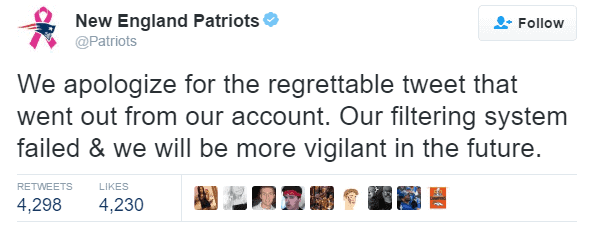
The team correctly responded on the platform where the crisis occurred so the statement probably also reached the same users who viewed the original Tweet in the first place.
If you already have the full written statement taking responsibility on your blog, you’ll have to post that on the relevant platform, too. However, you might not have the time to go through the entire statement and post each important tidbit on that platform manually.
Use a tool like Bulk.ly to automatically create a library of social media updates based on the blog post URL you specified. Just delete, edit or keep updates that were created for posting.
In a social media crisis, another good idea is to avoid deleting critical comments or blocking social media users. This will make the company look bad and unsympathetic.
Follow Social Media Guidelines
What you post on social media during a crisis is important, so you need to implement your social media guidelines as soon as the crisis starts.
Your social media guidelines should basically specify what you should do on your social media accounts and how you should do it. Here are sample provisions:
- Check and potentially pause your social media accounts.
You don’t want to post something light-hearted or inappropriate during a crisis; the first message should be impactful and help contain the crisis.
- Evaluate pinned posts
The pinned post is the first thing users see when they visit your social media page, so it can’t be insensitive or give the wrong impression
- Check website copy
Your social media links to your website, so the copy, particularly the landing page, need to be appropriate.
- Evaluate bot greetings
If, for example, your Facebook messenger has an automated response, make sure it reflects the crisis at hand.
Your guidelines should also include how you’ll respond to users on social media. A general rule should be to consider how your customers are feeling during the crisis. Provide comfort. Here’s an excellent example of a good response from Sephora:
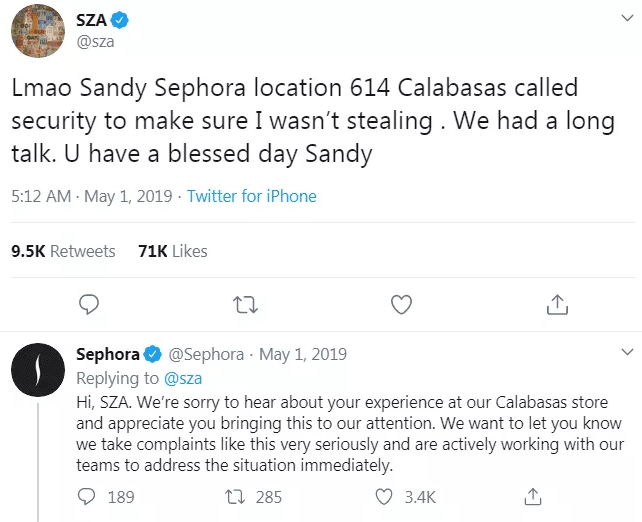
While it’s important to follow the guidelines, be flexible, too. Each crisis is different, so an evaluation by management during the crisis keeps the guidelines working. Schedule an emergency meeting while the crisis is ongoing to determine if the guidelines are working and make tweaks where necessary.
Monitor Your Brand Online
Monitoring your social media mentions helps you spot surges in social media activity surrounding your brand. Assess the sentiment of the social media activity. Social media sentiment is how your followers and customers feel about the brand.
If you detect a change in the volume or the sentiment of your social media mentions, dig deeper into your monitoring channels to find out the cause.
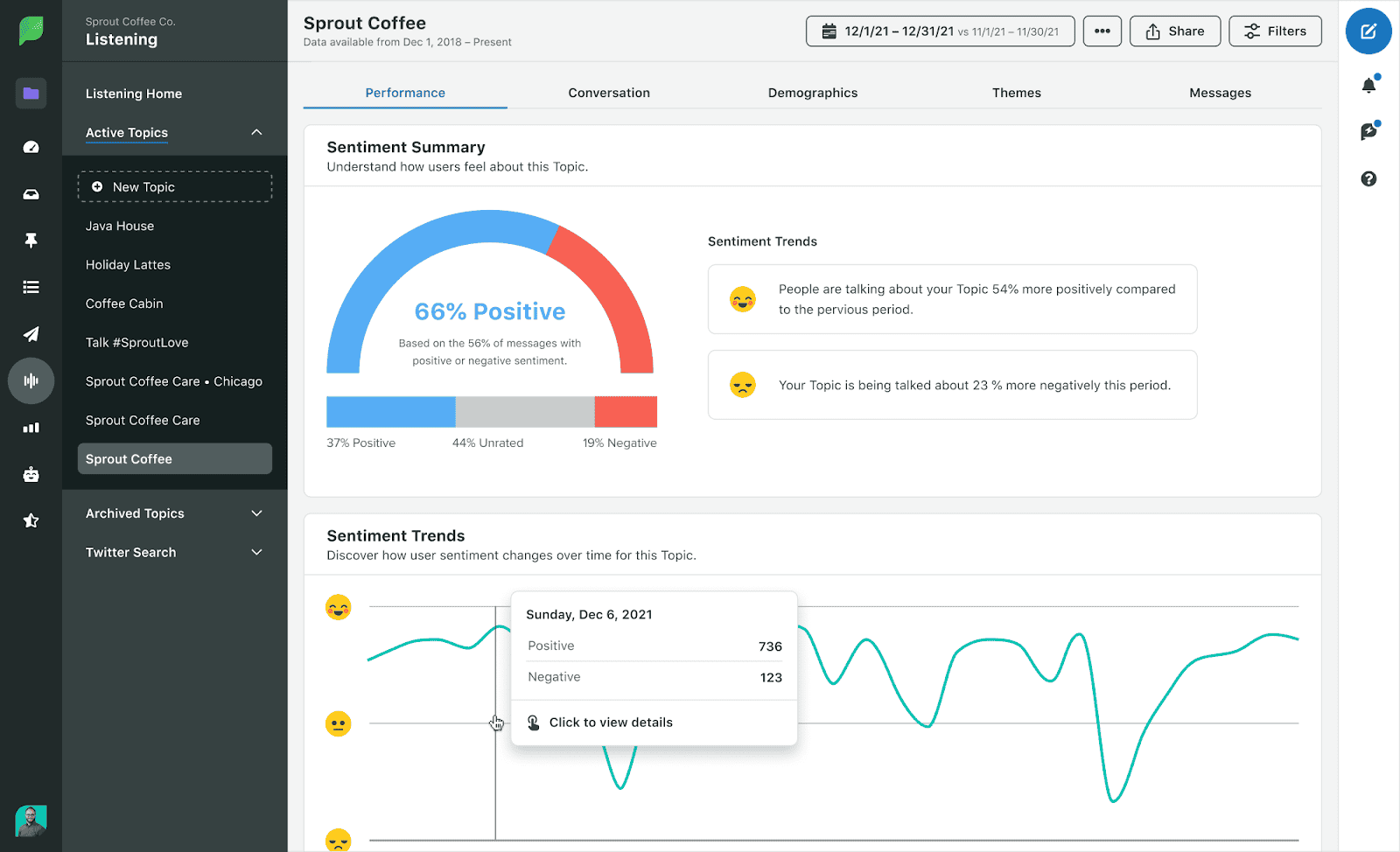
You can monitor your social media mentions in real time using a social media listening tool that analyzes keywords. Google Alerts are also useful.
But regardless of how advanced your technology is, good operators are a must. Having an effective monitoring operation means ensuring the right amount of staff monitoring at the right times. Making sure they know exactly what they are monitoring is also important.
Monitor to see how the public is responding to your crisis response, too. If the public is dissatisfied with the crisis communication, adjust accordingly. You can also analyze your marketing data to see the effects of the crisis on the brand.
Monitoring after the crisis is important as well. The post-crisis feedback can inform future crisis communication responses.
Improve Communication with Your Team
A crisis puts employees on edge. Rumors and misinformation can spread if there isn’t efficient communication, especially from the top down. So make sure your plans to handle a social media crisis include improvements to internal communication.
If internal communication is improved, everyone is on the same page, and uncertainty and apprehension are avoided, leading to fewer rumors and misinformation. But what’s the best way to improve communication?
One effective way to improve communication is by providing a company-wide preapproved message so employees can respond to questions about the crisis. Tools like Hootsuite’s Amplify are useful for this. The tools allow you to share the messaging through an app so all employees have easy access. You can also see statistics like how many times the messaging has been shared and which platforms it has been shared on.
But even with the right tools, the messaging needs to be right. Be clear with exactly what should be said and in which context.
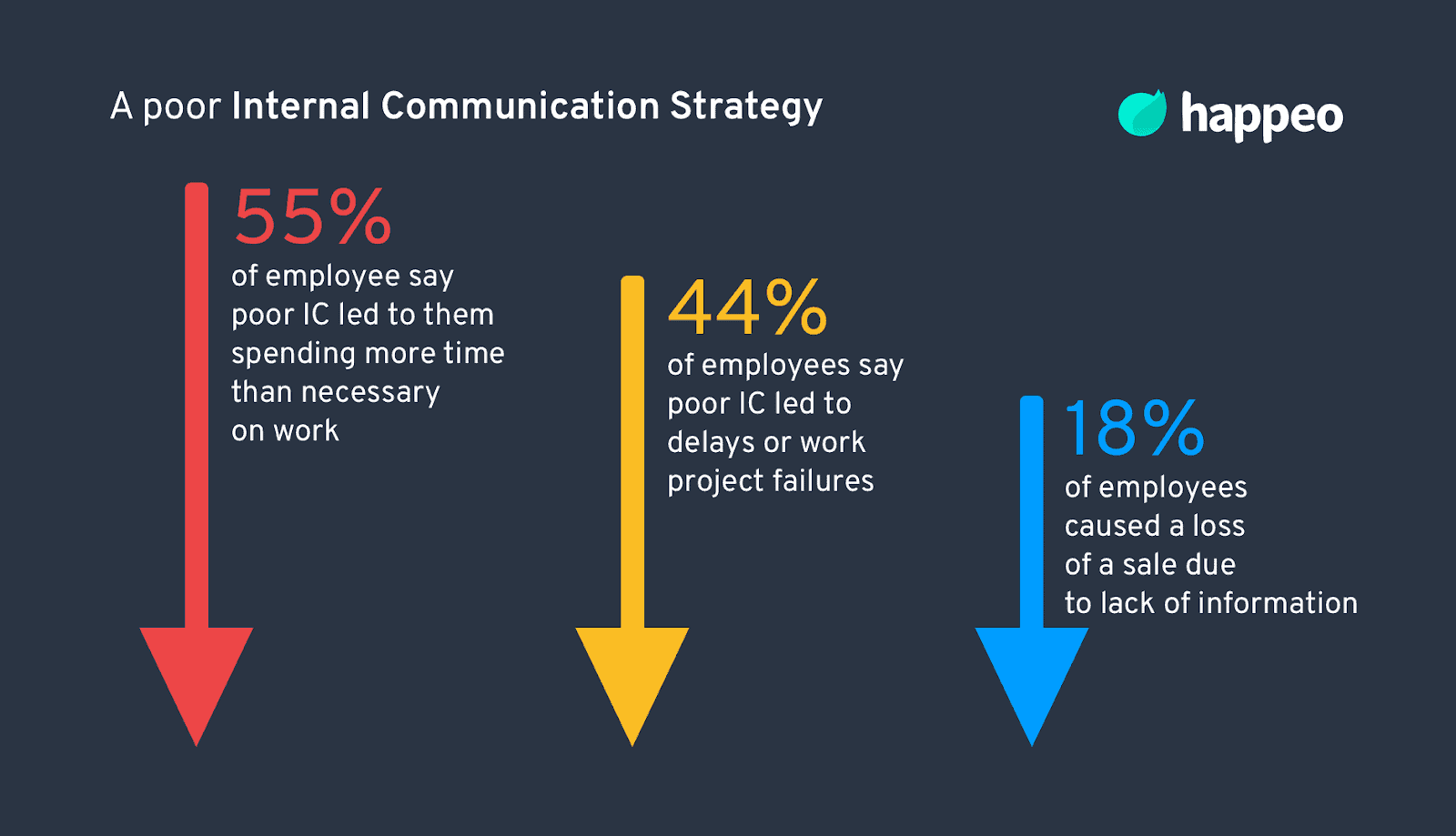
A poor communication strategy can hinder you. According to Happeo, 55% of employees say poor internal communication leads to a drop in productivity. Make sure you include this social media crisis tip in your preparation.
Secure Social Media Accounts
Weak social media passwords pose a security risk during a social media crisis. According to Varonis, most cyber security breaches are down to human error. The more employees you have that know the passwords, the more you are at risk. Make sure that the internal cyber security protocol is in order so you can handle a social media crisis effectively.
One way to secure your social media accounts is to share passwords only with those that need to know from the get-go.
The best way to share passwords with authorized personnel is through a centralized system. Systems like this allow you to grant the appropriate level of access to each employee. If an employee leaves or is the cause of a crisis, you can remotely revoke their access to the passwords.
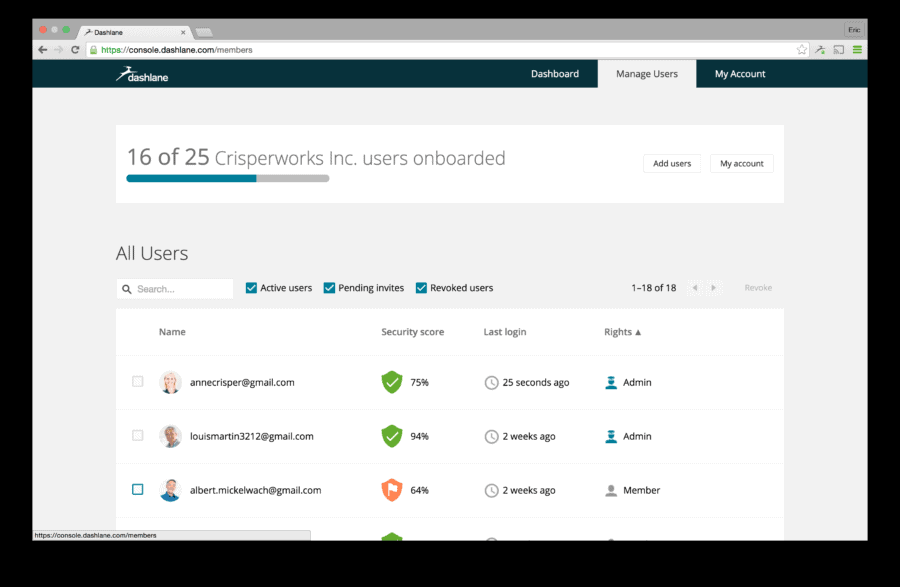
If you work with outside parties during a social media crisis, it might be worth looking into a nondisclosure agreement. This will ensure that sensitive information, including passwords, is kept secure. An NDA example is available if you need to create an agreement.
Take Lessons from Crisis
A social media crisis isn’t a pleasant experience. You might be tempted to forget about the crisis and move on, but like with most mistakes, learning from the crisis is the best course of action. The best way to learn is through a structured debrief.
The debrief will establish what happened, what went right, and what went wrong with handling the crisis. But the debrief shouldn’t be undertaken by one individual or a small group. The more perspectives you have, the more you’ll learn. Having perspectives from departments and having the teams share experiences is important.
To establish what happened, archive your social media posts and comments and your sent emails. Analyze your search volume and make a note of timeframes.
To establish how the crisis was handled:
- Decide if your internal communication worked: Were there delays in sending important information? Was anything missed?
- Evaluate your response: Response time is important, but the effectiveness of the response should also be considered.
- Evaluate customer/follower response: How did your customers and social media followers react? If there was a positive reaction from your base and the crisis came from elsewhere, it’s important to reward or thank them.
- Evaluate employee crisis knowledge: It’s important to know the general level of understanding of the crisis as it unfolded. A better understanding of the ground means a more effective response.
- Evaluate crisis reach: How far did the crisis spread?
Do the same debrief should another social media crisis break out so you can keep on improving how you handle these types of crises.
Social Media Crisis – Final Thoughts
A social media crisis can move fast and has lots of complicated moving parts. Fear not. With these tips, you should be able to effectively handle a social media crisis.
All it requires is entering the crisis with an understanding of what a crisis is. Follow your crisis communication plan. Take responsibility, too.
Another crucial tip is to follow your social media guidelines. A robust communication and social monitoring strategy, awareness of account security, and internal communication improvements are crucial. Finally, learn from your mistakes.
Implement these tips and you’ll see the best results.
